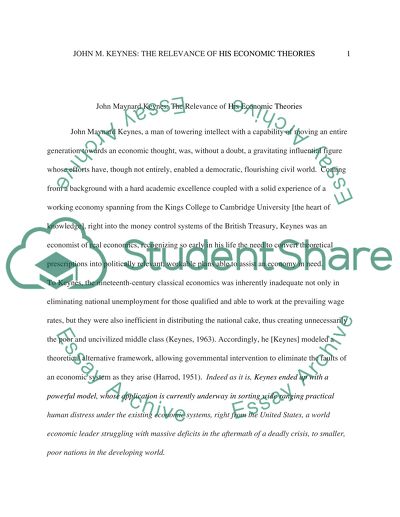Cite this document
(“John M. Keynes Research Paper Example | Topics and Well Written Essays - 1500 words”, n.d.)
Retrieved from https://studentshare.org/macro-microeconomics/1479865-john-m-keynes
Retrieved from https://studentshare.org/macro-microeconomics/1479865-john-m-keynes
(John M. Keynes Research Paper Example | Topics and Well Written Essays - 1500 Words)
https://studentshare.org/macro-microeconomics/1479865-john-m-keynes.
https://studentshare.org/macro-microeconomics/1479865-john-m-keynes.
“John M. Keynes Research Paper Example | Topics and Well Written Essays - 1500 Words”, n.d. https://studentshare.org/macro-microeconomics/1479865-john-m-keynes.


